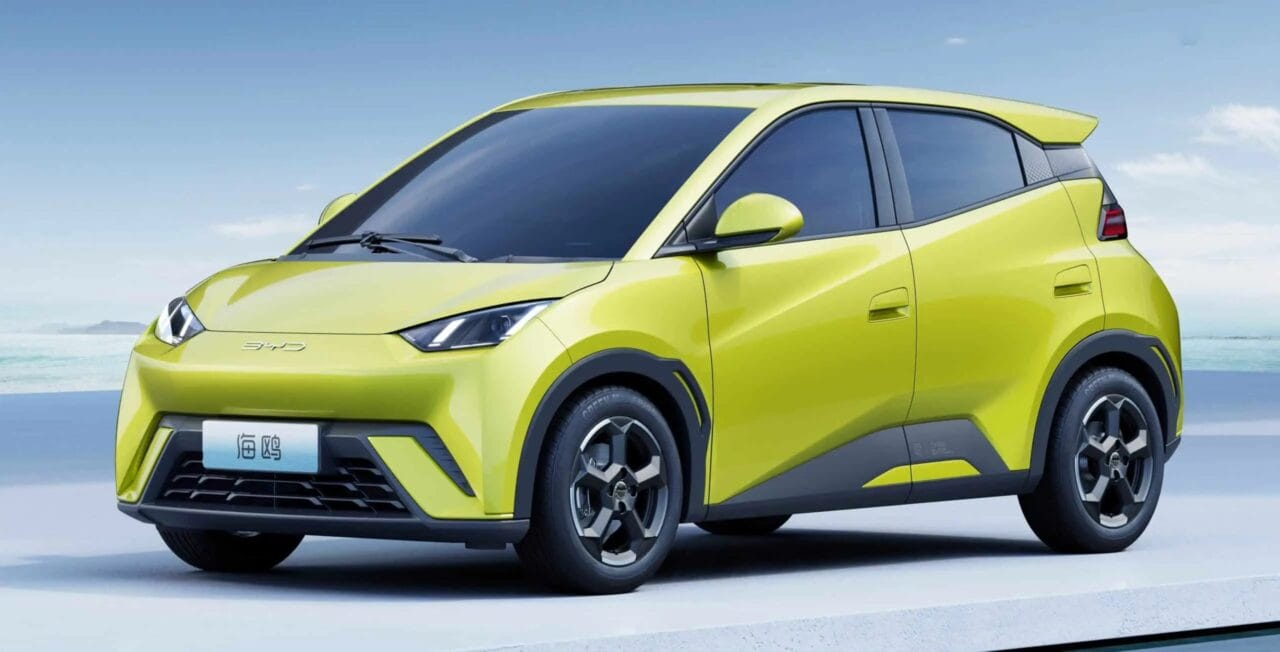In a world increasingly focused on sustainability, the electric vehicle (EV) market is booming. In 2022 alone, EV sales surged by 55%, according to Bloomberg Green. But the high cost of lithium-ion batteries remains a significant barrier to widespread adoption. Enter BYD, the Chinese automotive giant, which is pioneering the use of sodium-ion batteries. This innovation could drastically cut EV costs, making sustainable transportation more accessible than ever. In this article, you’ll discover how BYD’s sodium-ion batteries work, why they matter, and what this could mean for the future of EVs.
Understanding Sodium-Ion Batteries
What Are Sodium-Ion Batteries?
Sodium-ion batteries are a promising alternative to traditional lithium-ion batteries. While they function similarly, using ions to store and release energy, the key difference lies in the materials. Sodium, derived from salt, is both more abundant and cheaper than lithium, making these batteries a cost-effective option.
- Abundance: Sodium is the sixth most abundant element on Earth.
- Cost-Effectiveness: Sodium-ion batteries are expected to be 30% cheaper than lithium-ion counterparts.
- Environmental Impact: The extraction of sodium is less environmentally damaging than lithium mining.
BYD’s Role in Battery Innovation
BYD has long been a leader in battery technology, with a history of producing high-quality and affordable EVs. Recently, they’ve begun developing sodium-ion batteries to further reduce costs without sacrificing performance. According to Reuters Mobility, BYD plans to integrate these batteries into their vehicles by 2025.
- Research and Development: BYD has invested heavily in R&D, ensuring their sodium-ion batteries are efficient and reliable.
- Performance Metrics: These batteries offer competitive energy density and lifespan compared to lithium-ion options.
Potential Impact on EV Costs
How Sodium-Ion Batteries Reduce Costs
The integration of sodium-ion batteries into EVs could significantly reduce production costs, allowing manufacturers to offer more competitively priced vehicles.
- Material Savings: Sodium is cheaper and more plentiful than lithium.
- Manufacturing Efficiency: Sodium-ion batteries can be produced using existing infrastructure, minimizing initial investment costs.
- Reduced Dependence on Price-Volatile Lithium: This could stabilize battery prices in the long term.
BYD’s Competitive Edge
BYD’s pioneering work in sodium-ion technology positions them to potentially dominate the market. As reported by AutoCar, BYD’s EVs could become some of the most affordable on the market, accelerating the transition to electric mobility.
- Market Strategy: BYD aims to capture a significant share of the global EV market by offering lower-cost, high-performance vehicles.
- Strategic Partnerships: Collaborations with global tech firms could enhance battery development and integration.
Practical Considerations for EV Buyers
How to Charge Sodium-Ion Battery EVs
Charging sodium-ion battery EVs is expected to be as straightforward as charging lithium-ion ones. However, there are a few considerations for optimal performance:
- Charging Infrastructure: Existing EV charging stations are compatible with sodium-ion battery EVs.
- Optimal Charging Practices: Frequent charging to 80% capacity can extend battery life.
- Temperature Management: Sodium-ion batteries are less sensitive to temperature fluctuations, enhancing performance in varied climates.
Where to Buy and What to Compare
As BYD rolls out sodium-ion battery EVs, the market will offer more options for consumers.
- Availability: Look for BYD models in local dealerships and online platforms.
- Comparison Factors: When choosing an EV, consider battery life, charging time, and total cost of ownership.
- Consumer Reviews: Keep an eye on early adopters’ feedback to gauge real-world performance.
Conclusion: A Bright Future for EVs
BYD’s investment in sodium-ion batteries is a game-changer for the EV industry. By significantly reducing costs, these batteries could make electric vehicles more accessible to a broader audience, promoting a greener future. As the technology matures, we can expect more automakers to follow BYD’s lead, fostering innovation and competition.
Are you excited about the potential of sodium-ion batteries? Share your thoughts in the comments below! As we move towards a sustainable future, staying informed about the latest developments in EV technology is crucial. Keep an eye on the market for BYD’s new offerings and consider how these advancements might influence your next vehicle purchase. The road to a sustainable future is paved with innovation, and sodium-ion batteries are a significant milestone on this journey.

